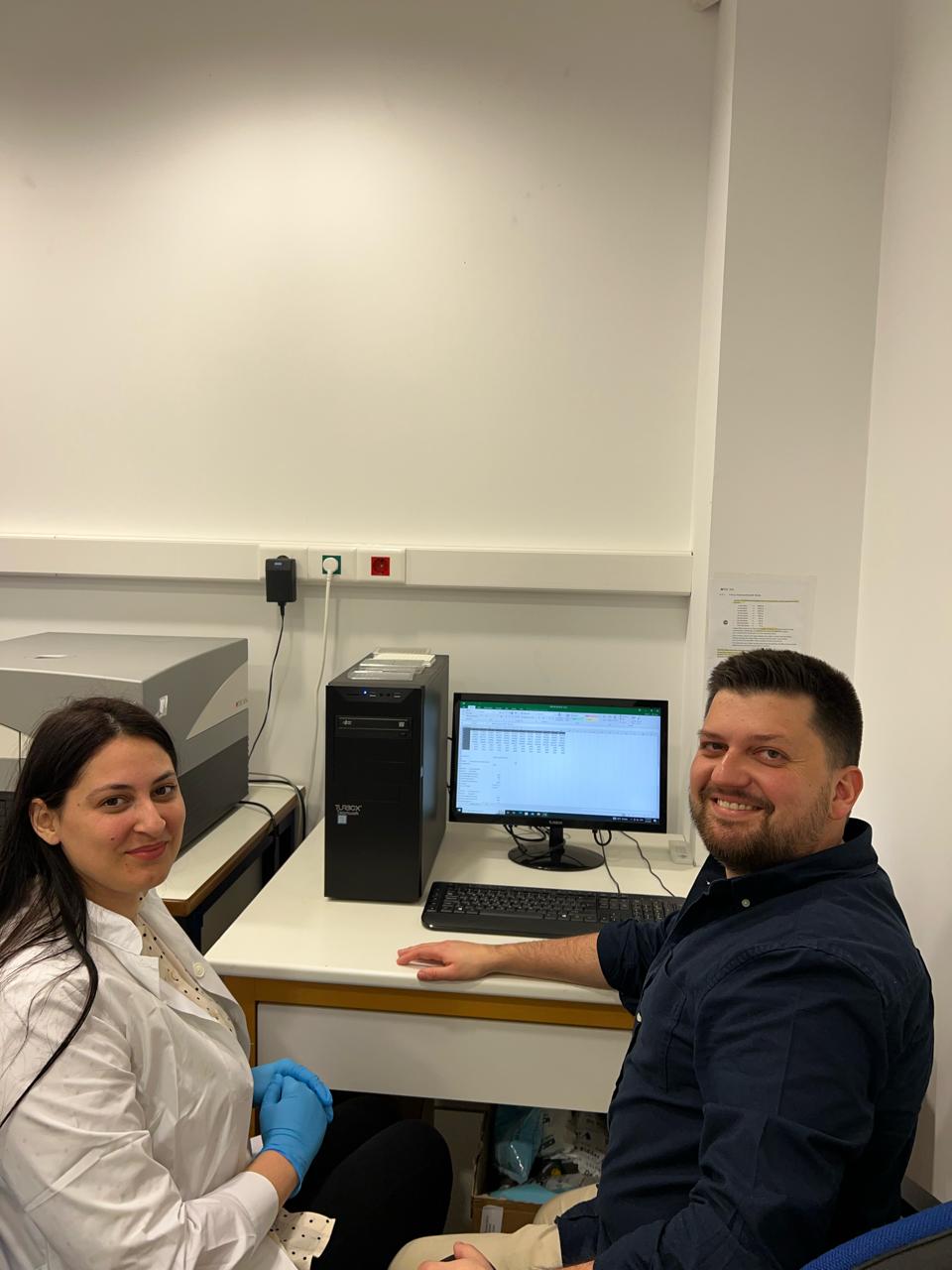Neurodevelopmental disorders (NDDs) are a significant public health burden that cause cognitive and behavioral abnormalities that persist throughout life. NDDs affect approximately 18 million European citizens, nearly 4% of the population This is a challenge that needs to be addressed at multiple levels, including further research toward understanding of the cause, evaluation of treatments and improvement in recognition of mental disorders in patients with NDDs. The lengthy and expensive process of drug screening is hindered by low productivity and difficulties when employing animals, which prevents the development of novel medications. Filling knowledge gaps in drug development for treatment of NDDs requires the use of powerful new technologies. Development of cell-based high throughput screening platforms, which can offer more pertinent in vivo biological information than biochemical assays and thereby reduce the number of animal tests and speed up the drug discovery process, has been a focus of recent efforts to improve drug screening efficacy and minimize animal testing.
Jelena Pejić, a STREAMLINE team member, is currently on the staff exchange at the Centre for Research & Technology (CERTH) in Thessaloniki, Greece. Throughout her 2.5-month stay, she will acquire knowledge and expertise in high-throughput cell-based assays for in vitro drug testing. This will contribute to a better understanding of drug responsiveness and metabolic changes in neurons and astrocytes derived from pateint-specific iPSCs carrying 22q11.2 microdeletion.







